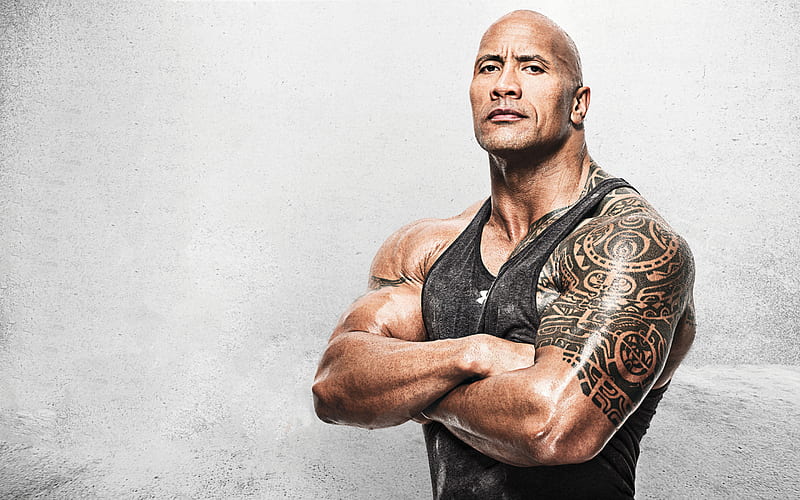1. Mahatma Gandhi Biography:
Mohandas Karamchand Gandhi, affectionately known as Mahatma (“Great Soul”), was a preeminent leader of the Indian independence movement and a pioneer of non-violent civil disobedience. His philosophy of Satyagraha, based on truth and non-violence, inspired millions across the globe and continues to influence social justice movements today.
2. Mahatma Gandhi Nationality & Age:
- Nationality: Indian
- Date of Birth: October 2, 1869
- Date of Death: January 30, 1948 (aged 78)
3. Mahatma Gandhi Education and Schooling:
- Studied at Porbandar, Rajkot, and Bhavnagar in India.
- Completed law studies at Inner Temple, London, England.
4. Mahatma Gandhi Relationship and Personal Life:
- Married Kasturba Kapadia in 1883.
- Had four sons: Harilal, Manilal, Ramdas, and Devdas.
- Emphasized self-discipline, simplicity, and social equality in his personal life.
5. Mahatma Gandhi Career Beginnings:
- Practiced law in South Africa (1893-1914), where he faced racial discrimination firsthand and began developing his principles of non-violent resistance.
- Led campaigns against segregation and discriminatory laws in South Africa.
6. Mahatma Gandhi Career and Contributions:
- Returned to India in 1915 and joined the Indian National Congress.
- Launched nationwide non-violent protests against British rule, including the Salt March (1930) and the Quit India Movement (1942).
- Advocated for social reforms, including the upliftment of untouchables and improved conditions for women.
- Played a key role in achieving India’s independence in 1947.
7. Mahatma Gandhi Achievements and Awards:
- Nobel Peace Prize nomination in 1939 (not awarded due to World War II).
- Honored with the title of Mahatma by the people of India.
- Remembered as the “Father of India” for his leadership in the independence movement.
8. Mahatma Gandhi Conclusion and Legacy:
Mahatma Gandhi’s life and work continue to inspire individuals and movements worldwide. His legacy of non-violent resistance has served as a model for countless struggles for freedom, equality, and justice. His message of peace and truth remains relevant and powerful in today’s world.



